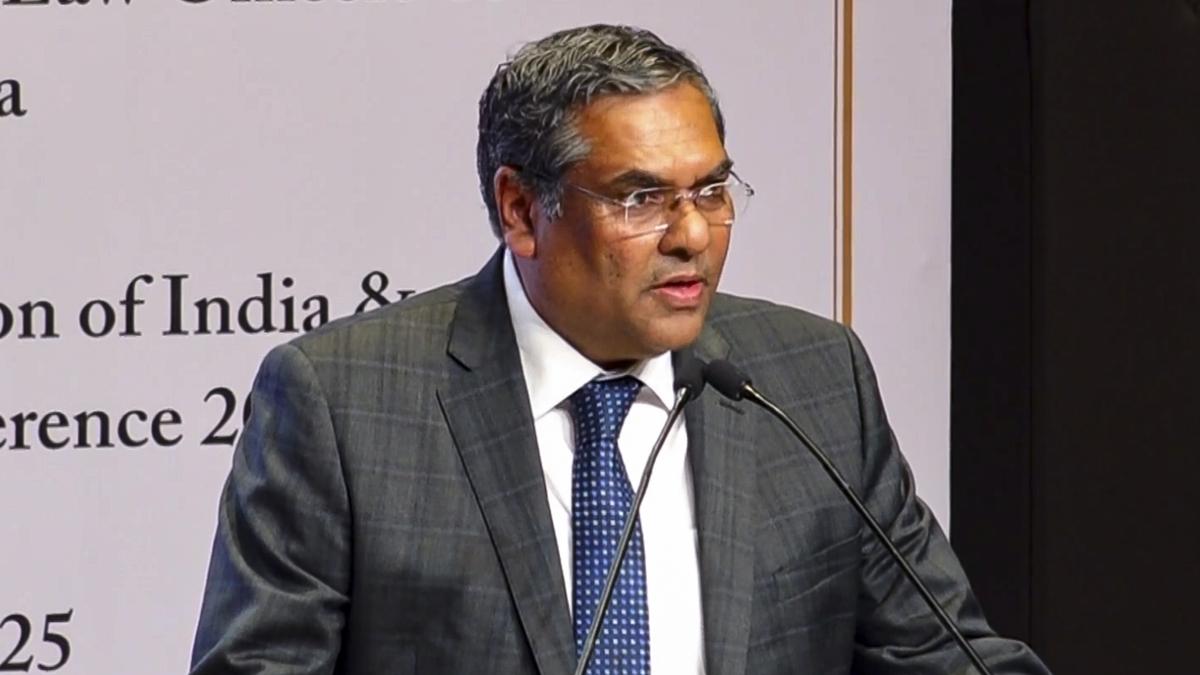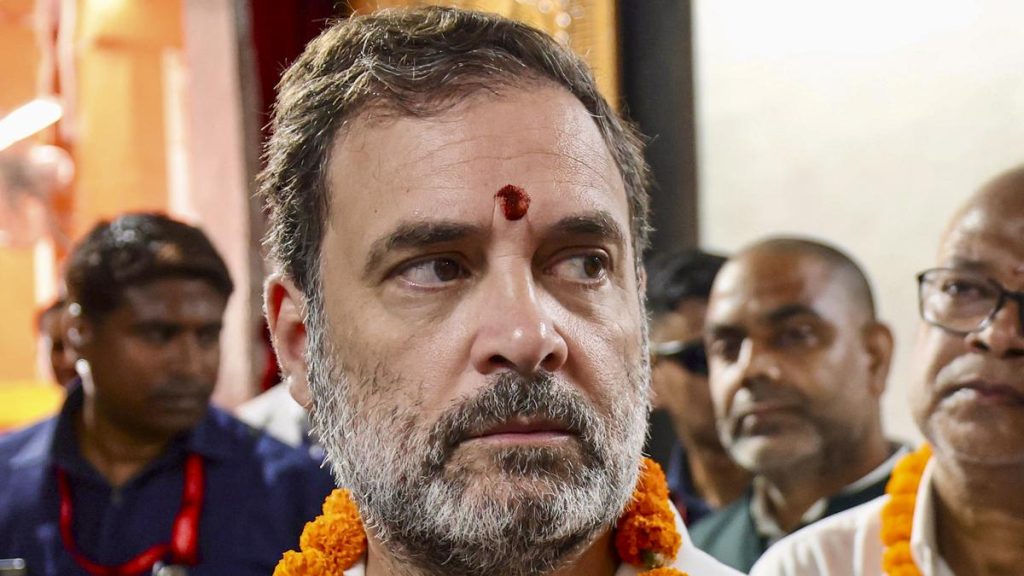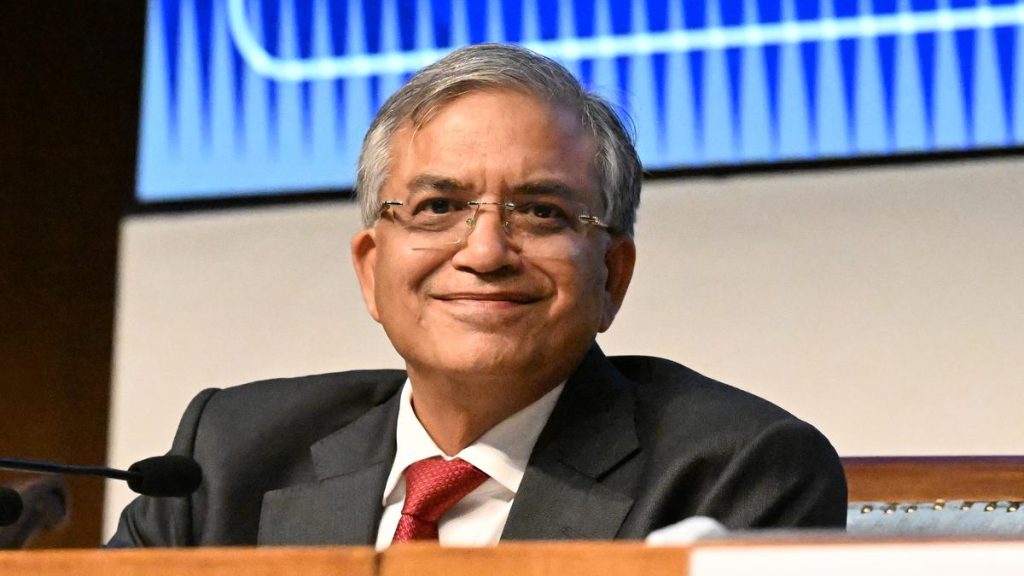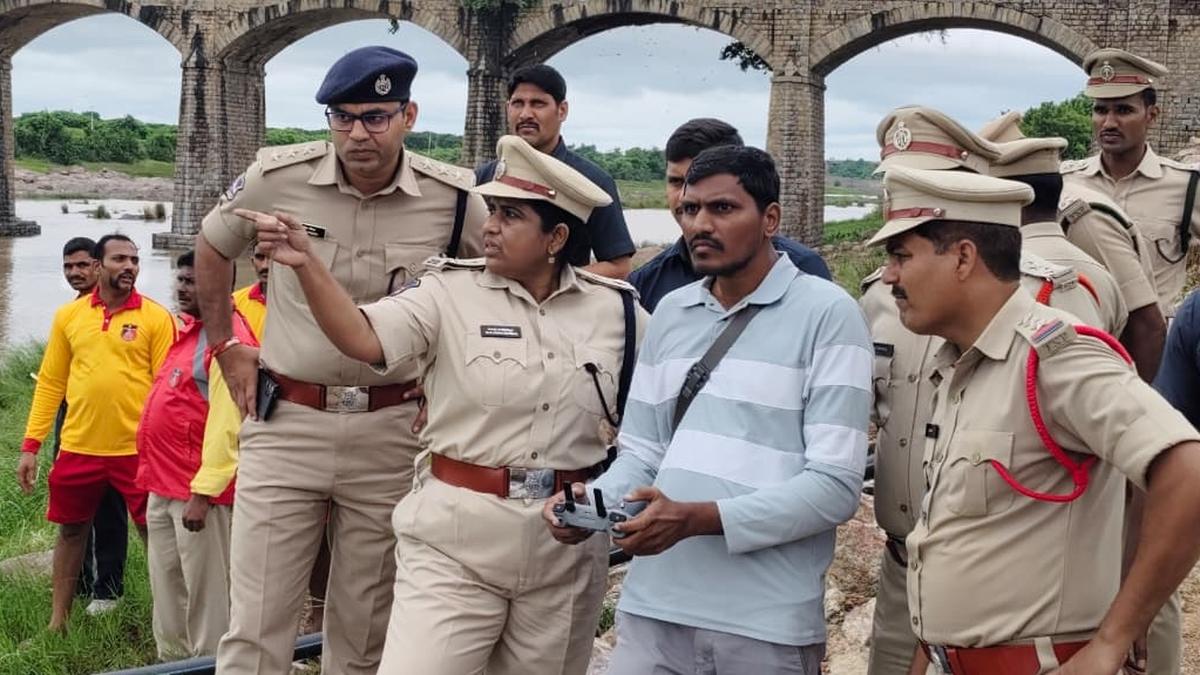Now Reading: Ex-CJI Khanna on ‘One Nation, One Election’: Validity Doesn’t Ensure Desirability
-
01
Ex-CJI Khanna on ‘One Nation, One Election’: Validity Doesn’t Ensure Desirability
Ex-CJI Khanna on ‘One Nation, One Election’: Validity Doesn’t Ensure Desirability

Swift Summary
- Former Chief Justice of India (CJI) Sanjiv Khanna provided his written opinion to a parliamentary committee scrutinizing the simultaneous election Bill.
- justice Khanna clarified that constitutional validity does not imply desirability of the provisions.
- Concerns were raised about the Bill potentially diluting India’s federal structure, with specific attention to powers granted to the Election Commission (EC).
- The provision allowing “unfettered discretion” for the EC in timing Assembly and Lok Sabha elections was flagged as potentially violating Article 14 (equality before law) and offending the Constitution’s basic structure.
- Postponement of elections by EC could lead to indirect President’s rule, giving Union government control over State functions; this was criticized as undermining federalism.
- Justice Khanna noted simultaneous elections from 1951 to 1967 were coincidental and lacked a constitutional mandate.
- Other former CJIs, including D.Y. Chandrachud, J.S.Khehar, U.U. lalit, and Ranjan Gogoi have also interacted with the committee on diffrent aspects of the Bill.
- Proponents (BJP & allies) argue it will save costs and reduce disruptions caused by frequent elections; while opponents warn it may weaken democratic principles.
Indian Opinion Analysis
The debate surrounding “one nation one election” reflects deeper tensions between economic pragmatism and preserving India’s federal structure. Justice sanjiv Khanna’s concerns highlight critical legal issues: arbitrariness in EC powers and risks posed by a potential shift towards centralization via indirect President’s rule suggest possible challenges at judicial review stages.
Simultaneous elections could streamline governance but might inadvertently create administrative imbalances-resulting in central dominance over states during postponed polls. Past precedence cited by critics emphasizes how earlier occurrences were situational rather than constitutionally mandated.
Ultimately, efforts like this require a delicate balance between legislative ambitions on efficiency versus safeguarding foundational constitutional values like equality before law (Article 14) and federal autonomy-a task that necessitates ongoing dialog among stakeholders beyond partisan lines.
read More: TheHindu.com
























